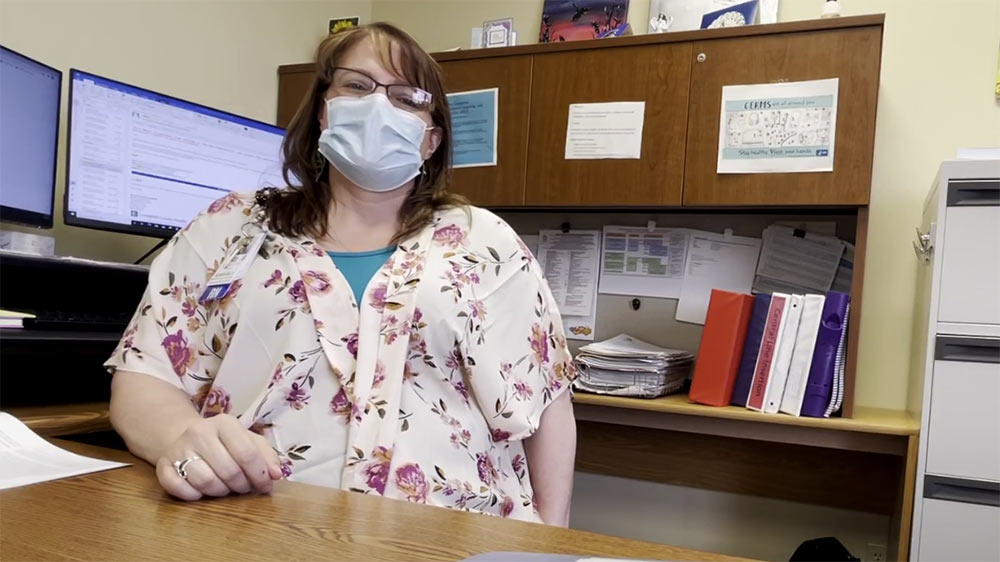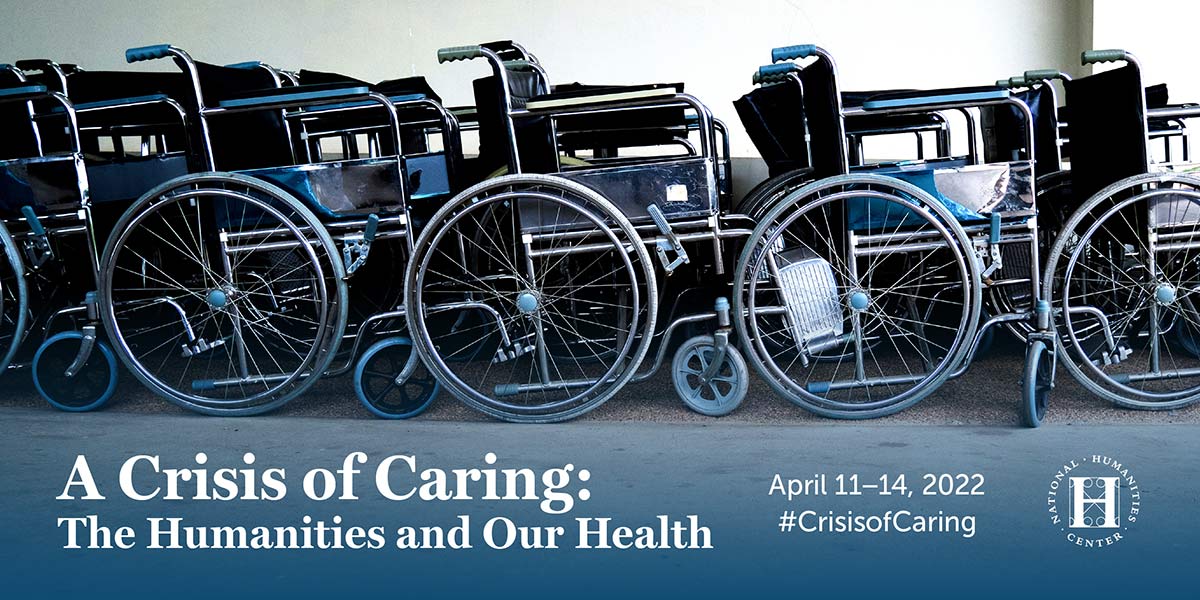Humanistic Methodologies for Social Good
To accomplish this goal, we have partnered with institutions and individuals across the country to train student interviewers to ethically and responsibly collect oral histories. This is the first step in a larger initiative to use personal narratives to catalyze conversations at the local and national levels and influence positive structural changes in healthcare.
Mission Statement
The COVID-19 Oral History Project connects the next generation of humanists and healthcare professionals with today’s frontline workers to tell the unheard stories of the COVID-19 pandemic. The project is committed to interviewing diverse medical professionals around the country and building strong connections between student interviewers and their local medical communities. We believe that narrative medicine has the power to address issues of equity and accessibility in healthcare, and we are dedicated to facilitating conversations that will catalyze positive structural change.
Voices from the Project
“I hope as we recover from the pandemic that we are really thinking about how to put more money into building stronger communities, better public health, better education. With the pandemic there is more of a sense coming from everyone about the importance of social justice and that keeps me hopeful as we move forward, because it is really the tragedies in life that help us reflect and re-engage and prioritize better.”
Get Involved
If you would like more information about the project or are interested in scheduling a consultation with us, please use this form to get in touch.
If you are a student who would like to be an interviewer in your area, or if you are a medical professional who would like to share your story and we have not yet launched a partnership in your area, please connect with us here.
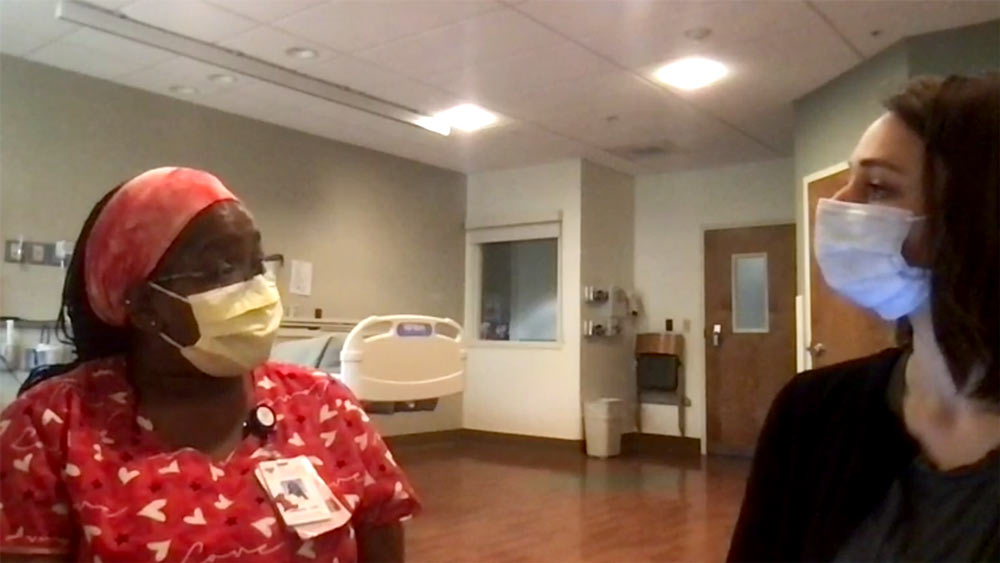
Current Data
7
states
86
video interviews
46
audio interviews
133
transcripts
Visit our project site to browse our collection of audiovisual and transcript-based holdings.
Participating Institutions
- Boston College
- Duke University
- Eastern Michigan University
- University of California, Irvine
- University of Washington
Voices from the Project
“I truly believe that the term ‘hero’ for healthcare workers being tossed around so freely during the pandemic has been flattering to all of us whether it’s a physician, a CNA, a pharmacist, whoever. But also, too, I want to say I think we should have had that title or should have been given that pat on the back sooner than now. We’ve all been heroes and I think we’ll continue to be heroes. How much the public wants to amplify it has yet to be determined, but we’ll be there.”
Student Reflections
This virtual exhibit contains selected footage from video-based interviews conducted as part of the project alongside research posters and written reflections produced by medical students at Duke University and the University of Washington, who acted as interviewers for the project. Together, this material sheds light on the ways that the humanities are enriching medical education today and allowing the clinicians of the future to engage deeply with their professional communities, respond to structural forms of inequity, and prepare for new challenges of caring.
Project Leadership
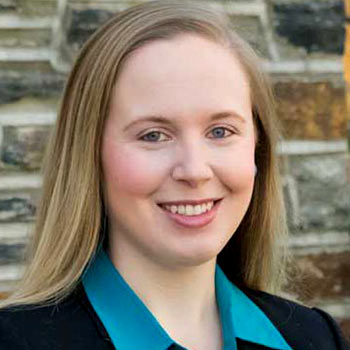
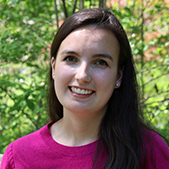
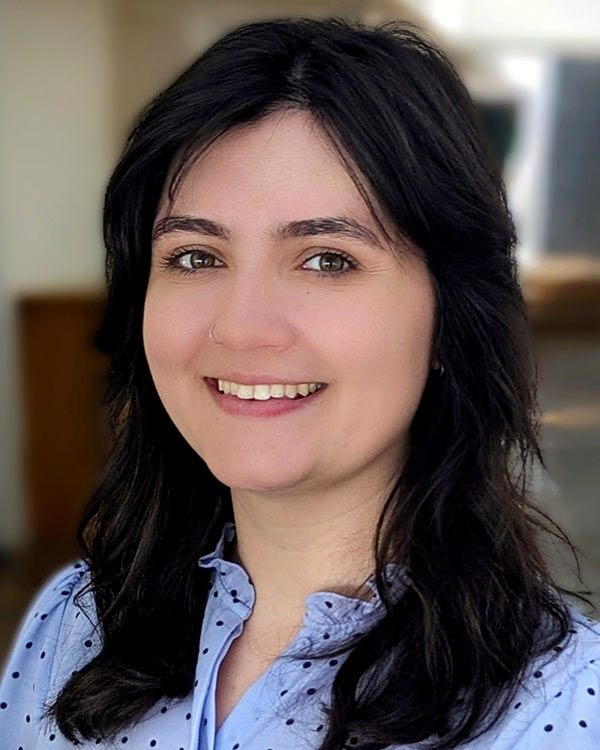
Voices from the Project
“Nobody knew the right thing to do but everybody was willing to do it. What we never saw on the news was the people risking their lives and the people that built masks. Those people worked for 48 hours straight and went home for 6 hours and went back and did it again. There was so much sacrifice and humanity and just general care for each other that I don’t think got any recognition whatsoever. [All of these] unsung heroes were just doing an amazing job and they weren’t doing it for the money. They were doing it because they wanted to help, they wanted to be part of the solution, and none of them got any recognition. Watching those people do the best they could with nothing and still manage to smile once in a while and be kind… if there was one thing that was recognized after all was said and done, I would want it to be that.”
News and Events
The National Humanities Center’s 2022 conference, A Crisis of Caring: The Humanities and Our Health, sought to consider the ways that knowledge drawn from humanities disciplines and methodologies can inform and help address the ongoing crisis in healthcare. This virtual conference featured presenters from across the medical field and the humanities disciplines, and catalyzed conversations about the role of humanistic approaches in the future of medicine.
